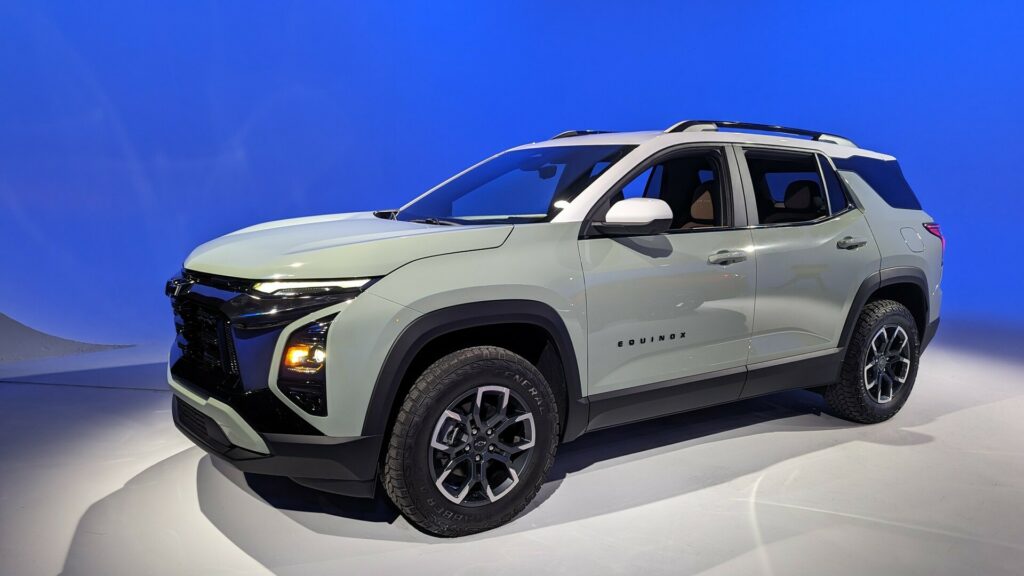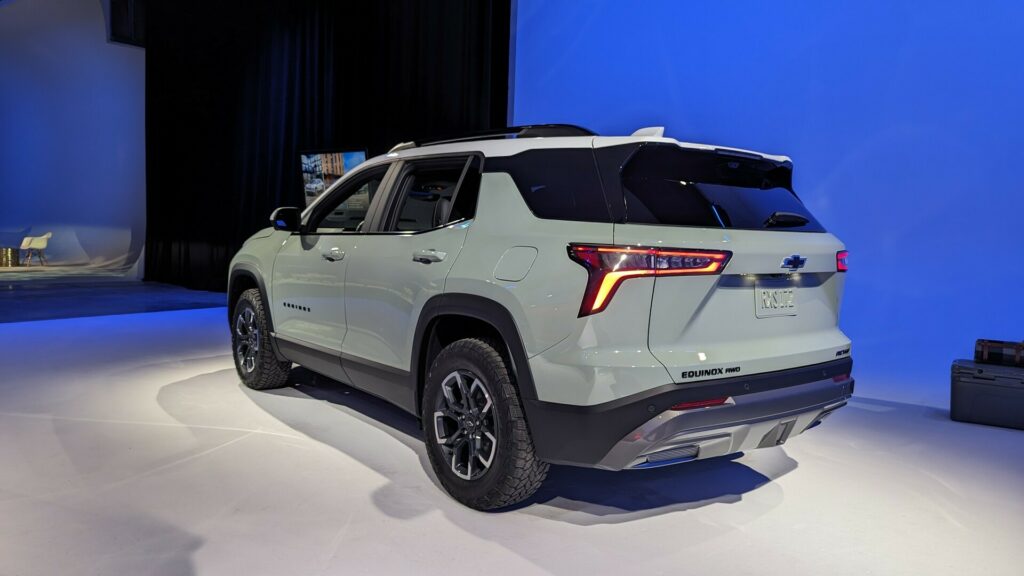- GM’s president Mark Reuss says it will continue to invest in combustion tech during the transition to electric power.
- The automaker says it has flexibility within its manufacturing setup to adapt to shifts in consumer demand between ICE and EV.
- GM recently delayed the launch of the Chevrolet Silverado EV and GMC Sierra EV trucks because the electric market hadn’t matured as expected.
General Motors will continue to invest in combustion technology over the next few years as the company, and the auto industry, makes the gradual transition to electric power, president Mark Reuss said.
Reuss reiterated his commitment to ICE while telling attendees at a CAR Management Briefing Seminar about GM’s flexible production strategy that helps protect it from changes in customer demand. GM has dedicated EV and combustion plants as well as plants that handle both types of vehicles.
Related: GM Admits EV Slowdown, Sees Goal For 1 Million EVs By 2025 Slip Away
“You’ve got to continually invest in ICE,” Auto News reports Reuss saying, referencing the launches of new or revised combustion models like the 2025 Chevrolet Equinox. “You see all of those things happening at the same time as our launches of our EVs. Now, that’s a big execution risk, but I would say, timed right with the supply base, we know how to do that pretty well.”
GM needs to stay agile to adapt to an EV market that hasn’t blossomed as fully as many automakers predicted it would, a fact that caused GM to delay the launch of the Chevrolet Silverado EV and GMC Sierra EV trucks. CEO Mary Barra acknowledged last month that GM won’t meet its target of building 1 million EVs by the end of 2025 due to a slowdown in demand for electric vehicles.

“It’s growing at a little bit slower pace, but it’s not not growing,” Reuss said of the EV market. “The infrastructure piece of this is not coming as fast as everybody would like, but it is coming.”
Although GM has put a temporary pause on its electric trucks, it remains committed to replacing the affordable Bolt EV that went out of production last year. The new version due in 2025 will switch to GM’s more modern Ultium platform, and production moves from Orion Assembly in Michigan, where the delayed EV trucks were due to be built, to the automaker’s production site in Kansas.





